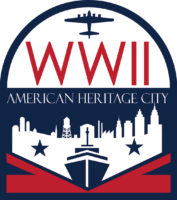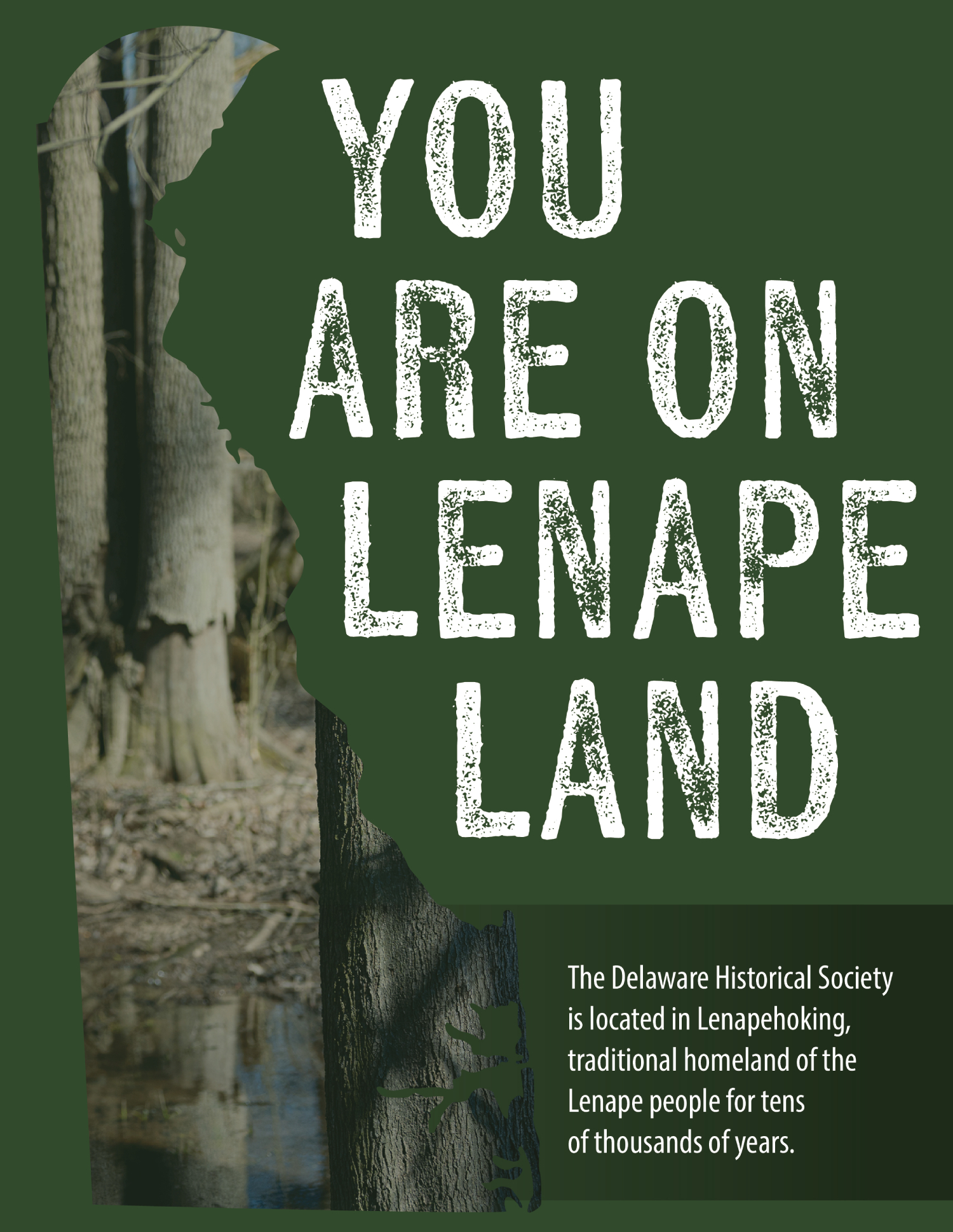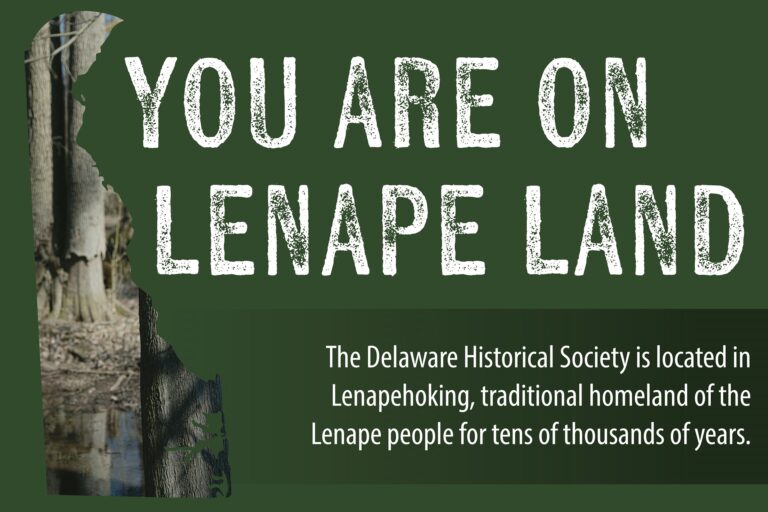About Us
Our Story
Since its founding in 1864, the Delaware Historical Society (DHS) has acquired nine historic buildings related to Delaware’s past and an extraordinary collection of more than 3 million objects, books, documents, photographs, and maps. We are the only private nonprofit organization with the mission to serve as the statewide organization exploring, preserving, promoting, and sharing Delaware history, heritage, and culture to educate, inspire, and empower people and communities.
Stay up-to-date on Delaware Historical Society news by subscribing to DHS Insider!
Learn About Our Historic Properties
The Delaware Historical Society owns and operates nine historic buildings: Delaware History Museum and Mitchell Center for African American Heritage in a former Woolworth’s; Old Town Hall; Willingtown Square, consisting of the Coxe House, Jacob and Obidiah Dingee Houses, Jacobs–Ferris House, Cook-Simms House, Robert Porter House, and Read House & Gardens, a National Historic Landmark.
Check out our DHS Buildings Coloring Book!
Our Mission
The Delaware Historical Society is a non-profit organization that preserves, promotes, and shares Delaware’s history in a welcoming environment to educate, inspire, and empower people and communities.
Our Vision
The Delaware Historical Society was founded in May 1864 for “the elucidation of history, particularly such portions as may refer to Delaware.” Over the next 15 decades, the organization refined its stated purpose to reflect both a changing society and the evolution of the public history profession.
Today, the Delaware Historical Society endeavors to be a national model for engaging a diverse citizenry in Delaware’s unique history through the documentation, interpretation, presentation, and preservation of our state’s artifacts, buildings, and stories.
Our Values
The Delaware Historical Society:
- Adheres to the highest professional standards and best practices as prescribed by organizations such as the American Association for State and Local History (AASLH), the American Alliance of Museums (AAM), and the Society of American Archivists (SAA);
- Practices exemplary stewardship in managing all its resources;
- Sponsors programs and provides services which are accurate, engaging, inclusive, entrepreneurial, and innovative;
- Is an active and valuable participant in mission-related partnerships and collaborations;
- Encourages broad participation and perspectives in programming; and
- Fosters a climate of respect, collegiality, and professionalism at work and in the community.
Our Staff
Administration and Support
Ivan Henderson, Executive Director
Bryttany Ewers, Administrative Assistant
Iyannah S. Walton-Bacon, Executive Office Manager/Staff Accountant
Advancement and Communications
Kathleen Butler, Director of Institutional Advancement
Kelli Bristow, Development Coordinator
Justine Hendricks, Communications Coordinator
Kayla Leonardos, Graphic Designer
Rick Stowell, Foundations and Grants Manager
Carol Washington, Rental & Events Coordinator
Buildings and Grounds
Ashley Mills, Director of Buildings and Grounds
Carlos Gaillard, Maintenance Technician
Collections and Access
Leigh Rifenburg, Chief Curator
Jennifer Potts, Curator of Objects
Edward Richi, Curator of Printed Materials
Education and Inspiration
Rebecca Fay, Director of Education and Inspiration
Garrett Hastings, Experience & Education Manager and Delaware History Day State Coordinator
Mitchell Center for African American Heritage
Hannah Grantham, Director of the Jane and Littleton Mitchell Center for African American Heritage
Read House & Gardens
Laura Earls, Director of the George Read II House & Gardens
Debbie Harper, Curator of Education
Our Board
OFFICERS
Stephen Kingsberry
Board Chair
Kevin McGonegal
1st Vice Chair
Robert R. Davis
2nd Vice Chair
Lewis Lazarus
Secretary
Daniel Scholl
Vice Secretary
Ronald Samuels
Treasurer
TRUSTEES
Jerry Bilton
Cara Blume, PhD.
Gregory T. Chambers
Kathleen Kreusch Cobb
The Hon. Nancy Cook
Bruce Flournoy Dalleo
Robert R. Davis
Carla Durante
Anne M. Farley, PhD.
Elizabeth Higginbotham, PhD.
Karen M. Ingram
Stephen Kingsberry
Howard Kristol
Lewis Lazarus
Mary Ann Kelly MacDonald
Mary Kate McLaughlin
Kevin McGonegal
Margaret S. Proctor
Ronald V. Samuels
Dr. Laura Sanders Morris
Dan Scholl
James Simmons III
Will Spruance
Laura St. Martin, MD, MCH
Jeffrey J. Starkey
Whitney Sweeney
Benjamin Wagner
Kimberly Zarett

The City of Wilmington is proud to be a National World War II Heritage City, a designation that recognizes the City’s contributions on the home front during WWII and its commitment to preserving the history of its efforts.
Land Acknowledgement
We begin by acknowledging with respect, that we gather today in Lenapehoking, traditional homeland of the Lenape people for tens of thousands of years. Sometimes translated “Original People,” the Lenape were known as mediators and called “The Grandfathers”. Encompassing the Delaware River Basin, Lenapehokink includes present-day New Jersey, most of Delaware, the Eastern parts of New York and Pennsylvania, and was home to 20,000 Lenape.
Resources
Search DHS collections to learn more about the history of Indigenous Peoples in Delaware
Visit the Delaware History Museum and Mitchell Center for African American Heritage to see the “One State, Many Stories“ exhibition
Download the Lenape and Settlers in New Sweden primary source packet
Additional Reading
“A Guide to Indigenous Land Acknowledgement“ (Native Governance Center)
“So you began your event with an Indigenous land acknowledgment. Now what?“ (NPR)
“Honoring Original Indigenous Inhabitants: Land Acknowledgment“ (Museum of the American Indian)
Click the image to visit the official website for the Lenape Tribe of Delaware.





SOCIAL
Facebook
Instagram
YouTube
Email